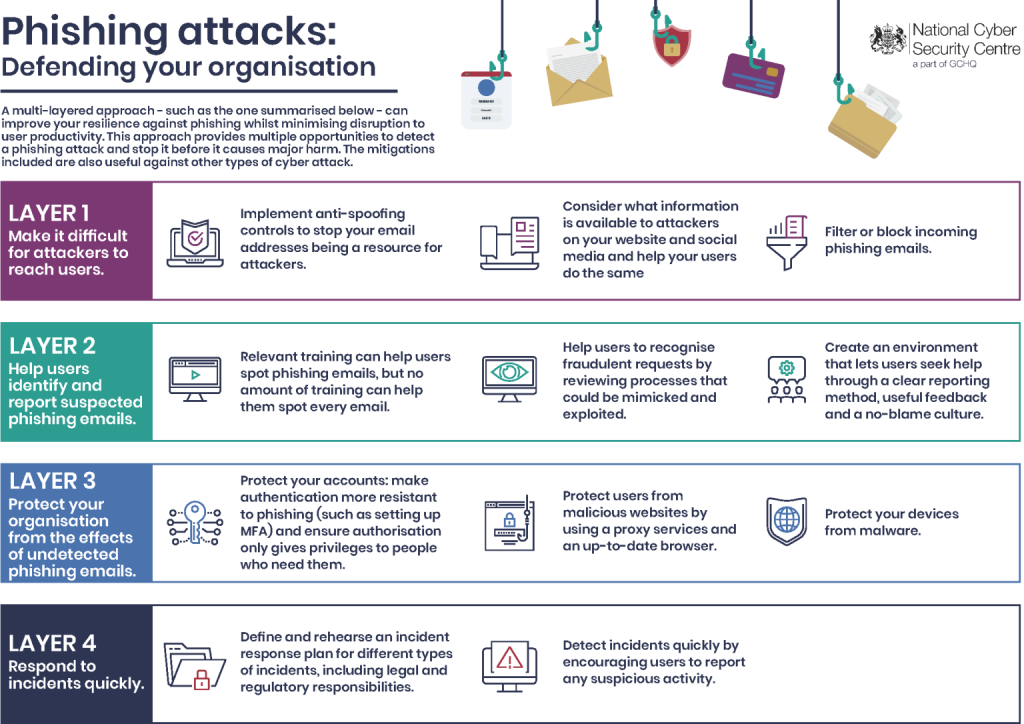As AI technologies continue to advance, businesses across various sectors are harnessing their potential to gain a competitive edge and improve their bottom line. In this blog post, we will explore the top 15 uses for AI in business, highlighting how this revolutionary technology is reshaping industries and redefining the way companies operate.
1. AI-powered Customer Service
AI-powered chatbots and virtual assistants are revolutionising customer service by providing instant, personalised support 24/7. These intelligent systems can handle routine inquiries, resolve issues, and guide customers through processes, freeing up human agents to focus on more complex tasks. By leveraging natural language processing (NLP) and machine learning, AI enhances the customer experience while reducing operational costs.
2. AI for Predictive Analytics
AI enables businesses to harness the power of data to make informed decisions. By analysing vast amounts of historical and real-time data, AI algorithms can identify patterns, predict trends, and forecast outcomes. This predictive capability empowers organisations to optimise resource allocation, anticipate customer needs, and mitigate risks, ultimately driving growth and profitability.
3. AI for Cybersecurity
As cyber threats become more sophisticated, AI is emerging as a powerful tool for enhancing cybersecurity. By analysing network traffic and user behaviour, AI algorithms can detect anomalies and potential threats in real-time. Machine learning models can also adapt to new attack patterns, enabling proactive defence against evolving cyber risks.
Multilayered attacks, as outlined in the infographic below, will become increasingly sophisticated as bad actors utilise AI more effectively.

4. AI in Fraud Detection
In the financial sector, AI plays a crucial role in detecting and preventing fraudulent activities. By analysing transaction data in real-time, AI algorithms can identify unusual patterns and flag suspicious behaviour. This proactive approach helps financial institutions protect their customers, reduce losses, and maintain trust in the system.
AI is also becoming increasingly important in combating the growing threat of AI-generated scams. As scammers become more sophisticated and leverage AI technologies to create convincing fake identities, phishing emails, and fraudulent websites, businesses must fight fire with fire. The UK National Cyber Security Centre has said people will struggle to identify AI phishing scams, and with AI only set to improve, this problem will require new solutions.
5. AI for Personalised Marketing
AI enables businesses to deliver highly targeted and personalised marketing campaigns. By analysing customer data, including browsing history, purchase behaviour, and social media interactions, AI algorithms can create detailed customer profiles. This allows marketers to tailor content, offers, and recommendations to individual preferences, increasing engagement and conversion rates.
6. AI in Supply Chain Optimisation
AI is transforming supply chain management by enabling real-time monitoring, predictive maintenance, and intelligent routing. By analysing data from sensors, GPS trackers, and other IoT devices, AI algorithms can optimise inventory levels, predict demand fluctuations, and streamline logistics. This leads to reduced costs, improved efficiency, and enhanced customer satisfaction.
7. AI for Human Resources
AI is revolutionising the way organisations manage their human capital. From recruiting and onboarding to performance evaluation and employee engagement, AI tools streamline HR processes and provide valuable insights. AI-powered resume screening, candidate matching, and sentiment analysis help identify top talent, while predictive analytics can forecast workforce needs and optimise resource allocation.
8. AI in Healthcare
AI is making significant strides in the healthcare sector, improving patient outcomes and enhancing medical research. The AI Centre for Value Based Healthcare in the UK is leading the effort to introduce AI-assisted healthcare across the UK. AI algorithms can analyse medical images, such as X-rays and MRIs, to detect abnormalities and assist in diagnosis. Machine learning models can also predict disease progression, optimise treatment plans, and personalise patient care. Additionally, AI-powered drug discovery accelerates the development of new medications.

9. Predictive Maintenance
AI is transforming the way businesses approach equipment maintenance. By analysing sensor data and historical maintenance records, AI algorithms can predict when equipment is likely to fail, enabling proactive maintenance. This minimises downtime, reduces repair costs, and extends the lifespan of valuable assets.
10. Financial Trading
AI is revolutionising the world of financial trading by enabling algorithmic trading strategies. Machine learning models can analyse vast amounts of market data, identify patterns, and make split-second trading decisions. This high-frequency trading powered by AI can exploit market inefficiencies and generate significant profits.
11. Content Creation
AI is empowering businesses to generate compelling content at scale. From social media posts and blog articles to product descriptions and ad copy, AI-powered content generation tools can produce high-quality, engaging content in a fraction of the time it would take human writers. This allows businesses to keep up with the demands of content-hungry audiences while freeing up resources for other strategic initiatives.
12. Intelligent Automation
AI is driving the next wave of automation, enabling businesses to streamline processes and boost efficiency. Robotic process automation (RPA) combined with AI can handle complex, rules-based tasks, such as data entry, invoice processing, and customer onboarding. By automating repetitive and time-consuming tasks, businesses can reduce errors, improve accuracy, and redeploy human resources to higher-value activities.
13. Predictive Sales
AI is empowering sales teams to identify high-potential leads and close deals more effectively. By analysing customer data, such as purchasing history, engagement patterns, and demographic information, AI algorithms can predict which prospects are most likely to convert. This allows sales representatives to prioritise their efforts, personalise their approach, and maximise revenue generation.
14. Intelligent Document Processing
AI is transforming the way businesses handle unstructured data, such as documents, emails, and images. Intelligent document processing leverages machine learning and NLP to extract relevant information, classify documents, and automate data entry. This streamlines workflows, reduces manual effort, and improves data accuracy, enabling businesses to make better-informed decisions.
15. Predictive Inventory Management
AI is revolutionising inventory management by enabling businesses to optimise stock levels and minimise waste. By analysing historical sales data, seasonal trends, and external factors, AI algorithms can predict demand and recommend optimal inventory levels. This helps businesses avoid stockouts, reduce holding costs, and improve customer satisfaction by ensuring the right products are available at the right time.
Future applications for UK business
As AI continues to advance, its applications in business will expand even further. The key to successfully harnessing the power of AI lies in identifying the areas where it can deliver the most value for your organisation. By strategically integrating AI into your operations, you can unlock new efficiencies, drive innovation, and gain a competitive advantage in an increasingly digital world.
To get started with AI in your business, consider partnering with experienced AI consultants or solution providers who can guide you through the process of identifying use cases, selecting the right technologies, and implementing AI solutions tailored to your specific needs. With the right approach and expertise, AI can become a game-changer for your organisation, propelling you towards a smarter, more agile, and more profitable future.
